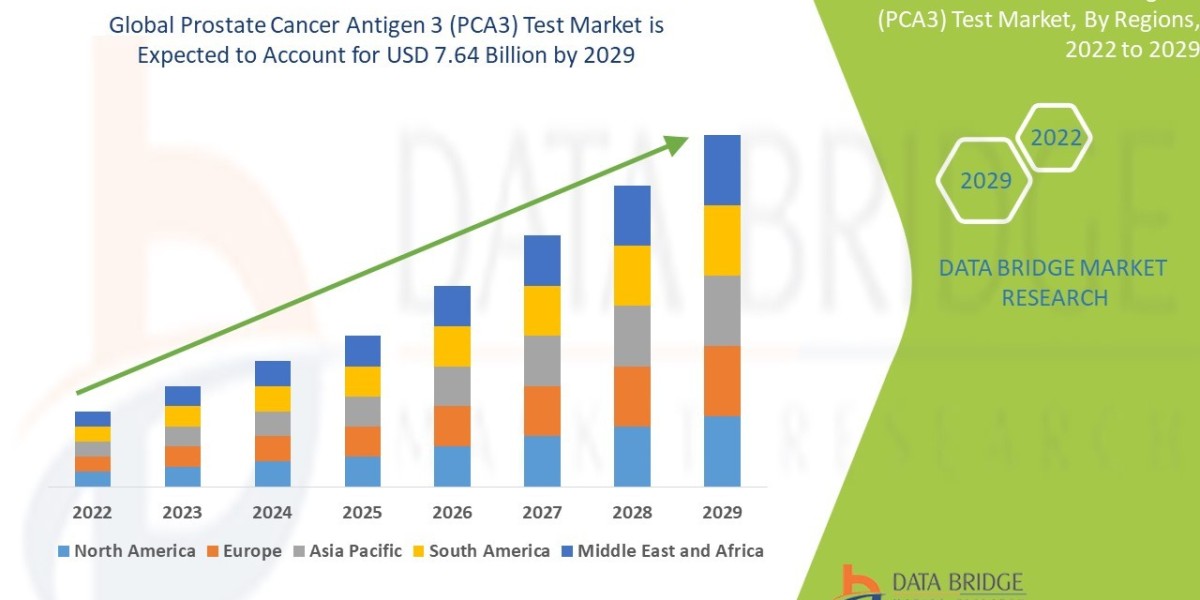Pregnancy is a remarkable journey, filled with moments of joy and anticipation. However, it can also bring about some confusion, particularly when unexpected symptoms occur. One such perplexing symptom is menstruation bleeding during pregnancy. While many expectant women never experience any bleeding during pregnancy, others may notice some spotting or even heavier bleeding, which can cause concern.
What Is Menstruation Bleeding During Pregnancy?
When a woman becomes pregnant, her body undergoes a wide array of changes. One of the most significant changes is the cessation of menstrual periods. Menstruation bleeding is a natural process that occurs when the body sheds the lining of the uterus.
However, during pregnancy, this process is halted, as the body supports the development of the fetus. Despite this, some women may experience bleeding or spotting during pregnancy that may resemble menstruation.
It's important to note that bleeding during pregnancy is not the same as a typical menstrual period. Pregnancy-related bleeding can range from light spotting to heavier bleeding, and the underlying causes can vary greatly.
Understanding Pregnancy: How It Changes the Body
Pregnancy, on the other hand, occurs when a sperm fertilizes an egg, leading to the implantation of the fertilized egg into the uterus. This process halts the menstrual cycle, as the body starts preparing for the growth and development of a fetus.
Like menstruation, pregnancy brings about a number of physical and hormonal changes. These changes often lead to symptoms that mimic the premenstrual symptoms many women experience.
How Fatigue and Nausea plays a role?
Both menstruation and pregnancy are known to cause significant fatigue. For periods, this is primarily due to the hormonal fluctuations associated with the menstrual cycle, particularly the drop in estrogen and progesterone levels in the lead-up to menstruation.
For pregnancy, fatigue is often caused by rising levels of progesterone, which can make women feel extremely tired, especially in the early stages. Both conditions can leave women feeling drained and low on energy.
Another common symptom that can appear in both periods and pregnancy is nausea. This is particularly true in the luteal phase of the menstrual cycle, when progesterone levels rise, mimicking the hormonal fluctuations of pregnancy.
Implantation Bleeding
One of the most common causes of bleeding in the early stages of pregnancy is implantation bleeding. This occurs when the fertilized egg attaches to the lining of the uterus, which can cause slight spotting or light bleeding.
Implantation bleeding typically happens about 6-12 days after conception, usually around the time a woman would expect her period. It is usually very light and may last for a few hours to a couple of days.
While implantation bleeding is generally harmless, it can be mistaken for an early period. Women who experience this light bleeding should look out for other signs of pregnancy, such as missed periods, nausea, or breast tenderness, which may help confirm the pregnancy.
How do Mood Swings and Irritability have an effect?
Hormonal fluctuations are a key player in both menstruation and pregnancy. In the days leading up to periods, many women experience mood swings and irritability due to changes in estrogen and progesterone levels.
These mood shifts are often part of PMS. Similarly, during early pregnancy, women may experience heightened emotions, irritability, and even depression due to the surge in hormones that are preparing the body for pregnancy.
How best adult diapers for postpartum plays a role in Menstruation and Pregnancy Symptoms?
The soft material and secure fit of postpartum adult diapers can be more comfortable than regular pads, especially during the early days when movement is limited or painful.
Postpartum women may experience perineal discomfort or stitches, so the best adult diapers for postpartum can offer extra protection to sensitive areas and reduce friction compared to other forms of sanitary protection like pads.
Placental Abruption, Infections or Cervical Issues
Placental abruption occurs when the placenta prematurely separates from the uterine wall. This is a serious condition that can cause heavy bleeding, severe abdominal pain, and fetal distress.
Placental abruption often requires immediate medical intervention and may lead to preterm delivery or other complications for both the mother and the baby.
Infections or issues with the cervix, such as cervical polyps or infections like bacterial vaginosis, can also lead to bleeding during pregnancy. Cervical polyps are benign growths that may cause light bleeding, especially after intercourse.
Infections that affect the cervix can cause more significant bleeding, and treatment is necessary to ensure the health of the pregnancy.
Light Bleeding or Spotting
While a full-blown menstrual period is characterized by regular, heavier bleeding, some women may experience light bleeding or spotting during pregnancy, often referred to as implantation bleeding.
This occurs when the fertilized egg attaches itself to the uterine lining. It can be easy to confuse implantation bleeding with the start of a period, but implantation bleeding is typically lighter and shorter in duration.
Spotting before a menstrual period is also common, which can create confusion when trying to determine whether a pregnancy is underway.
Conclusion
By paying attention to the characteristics of the bleeding and any accompanying symptoms, women can better assess whether the bleeding is a normal part of pregnancy or if it requires medical attention. If in doubt, always consult a healthcare provider to ensure the well-being of both mother and baby.








